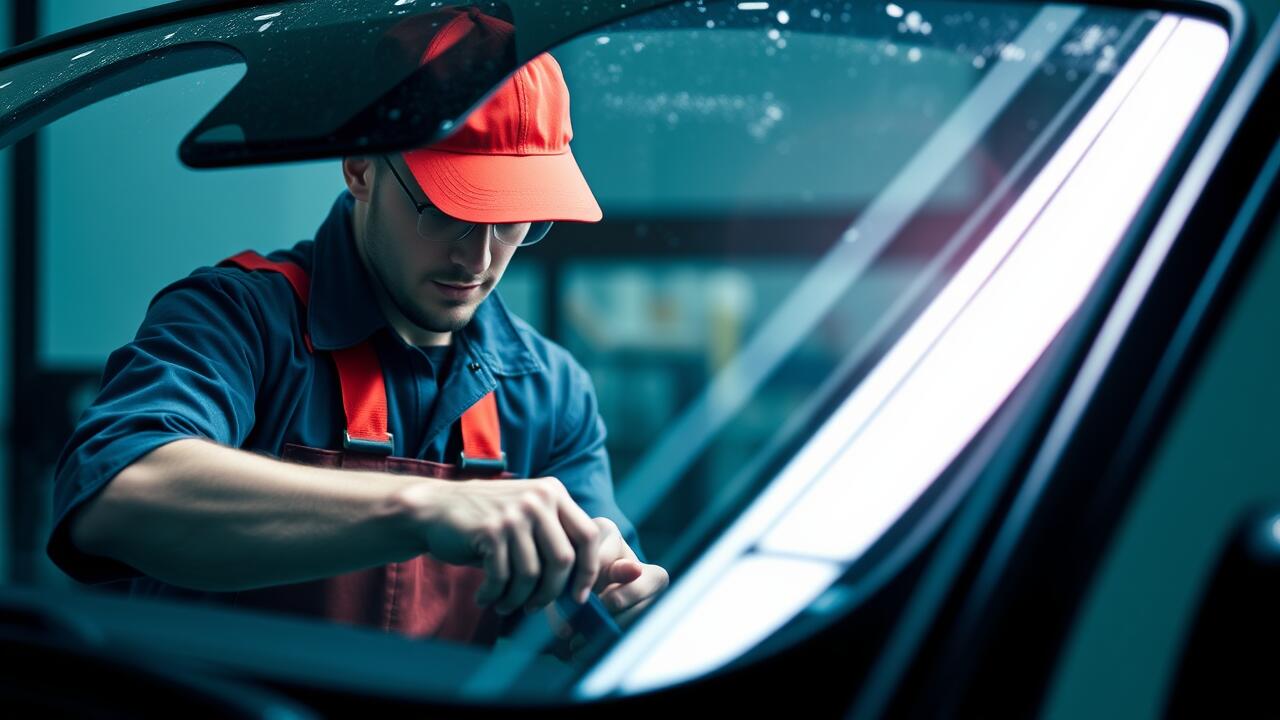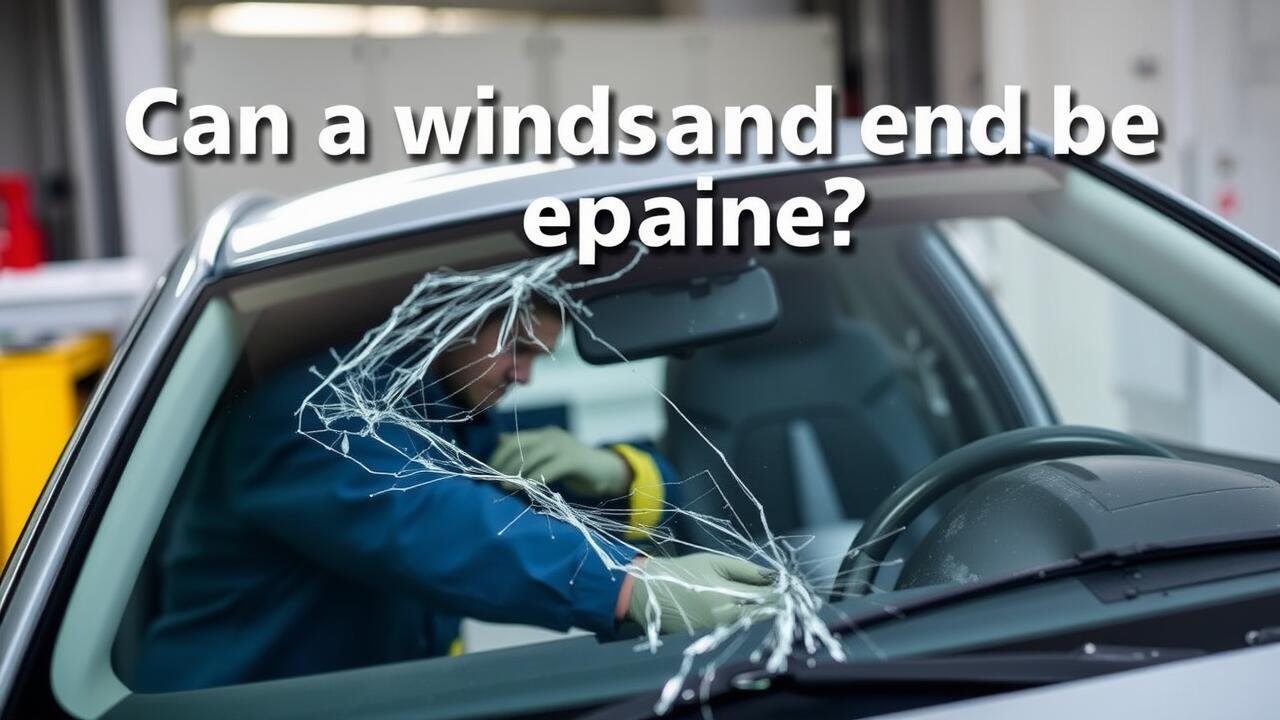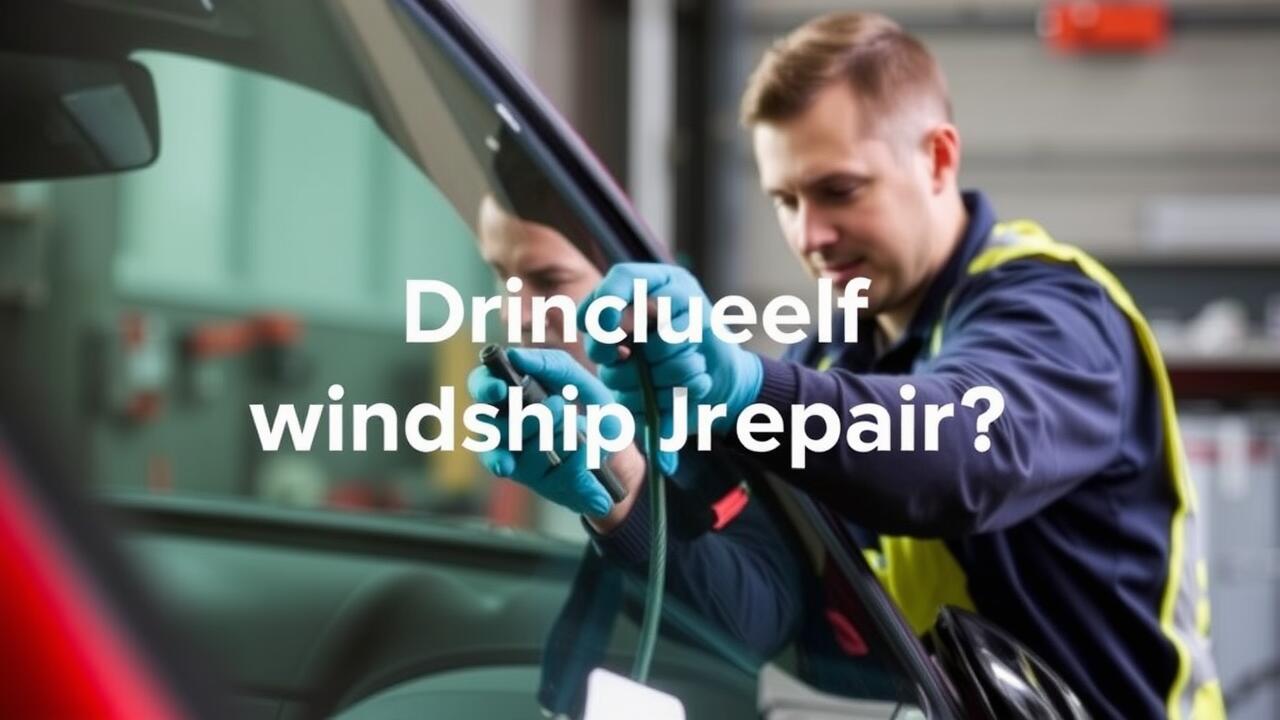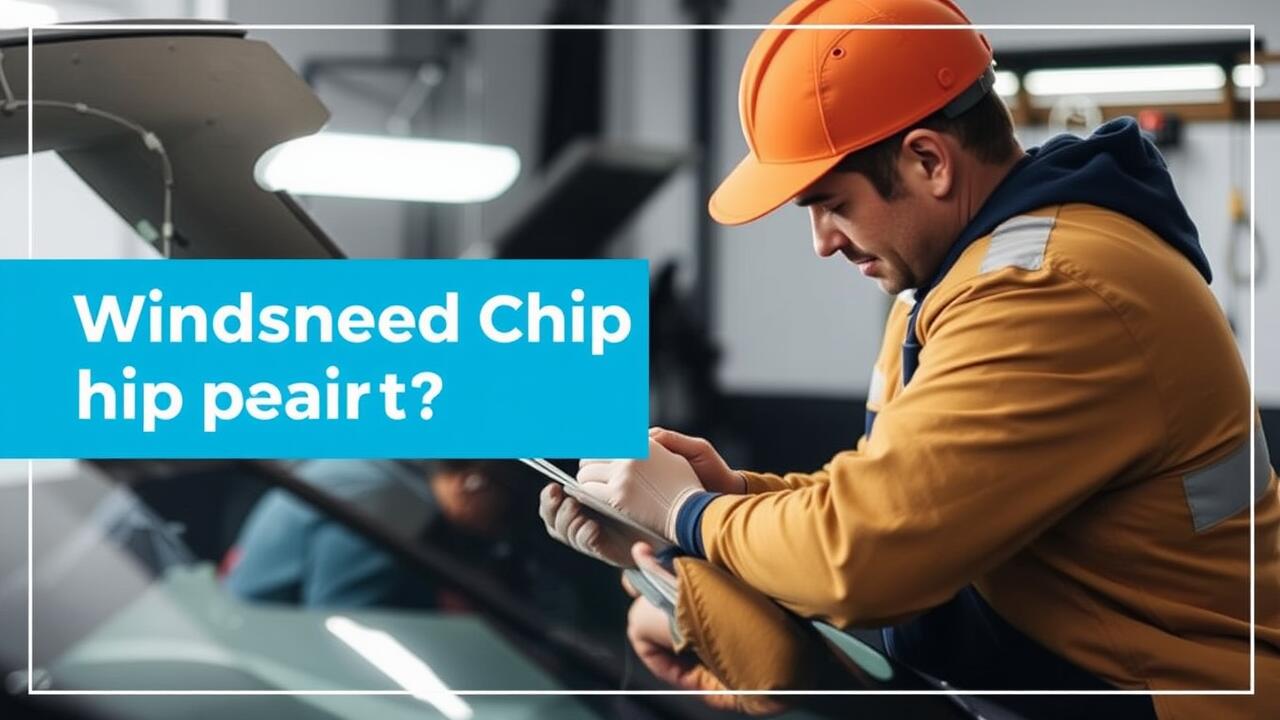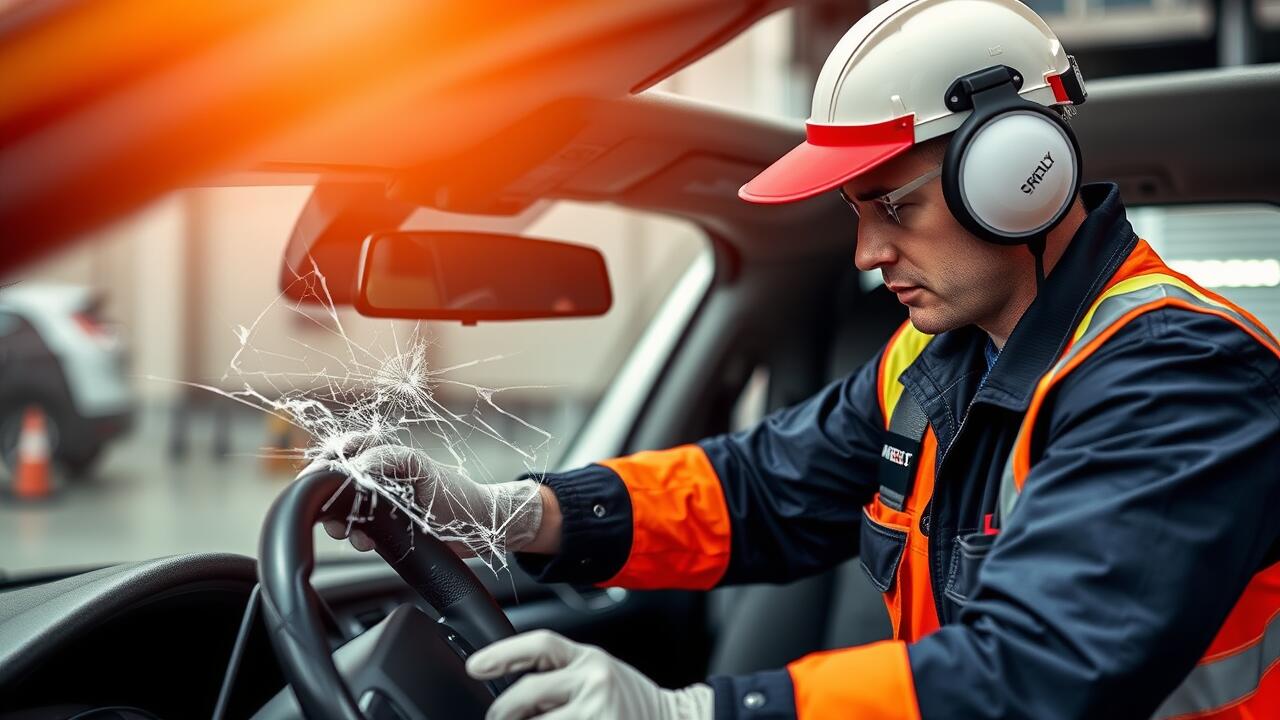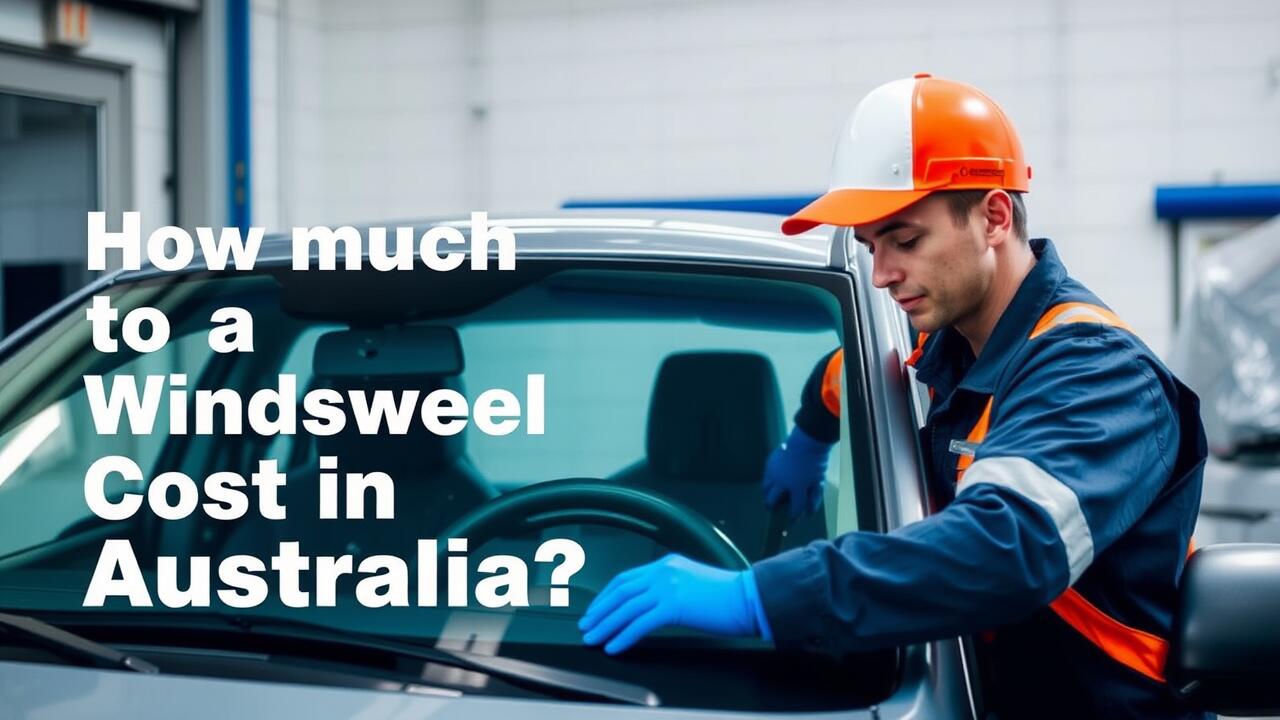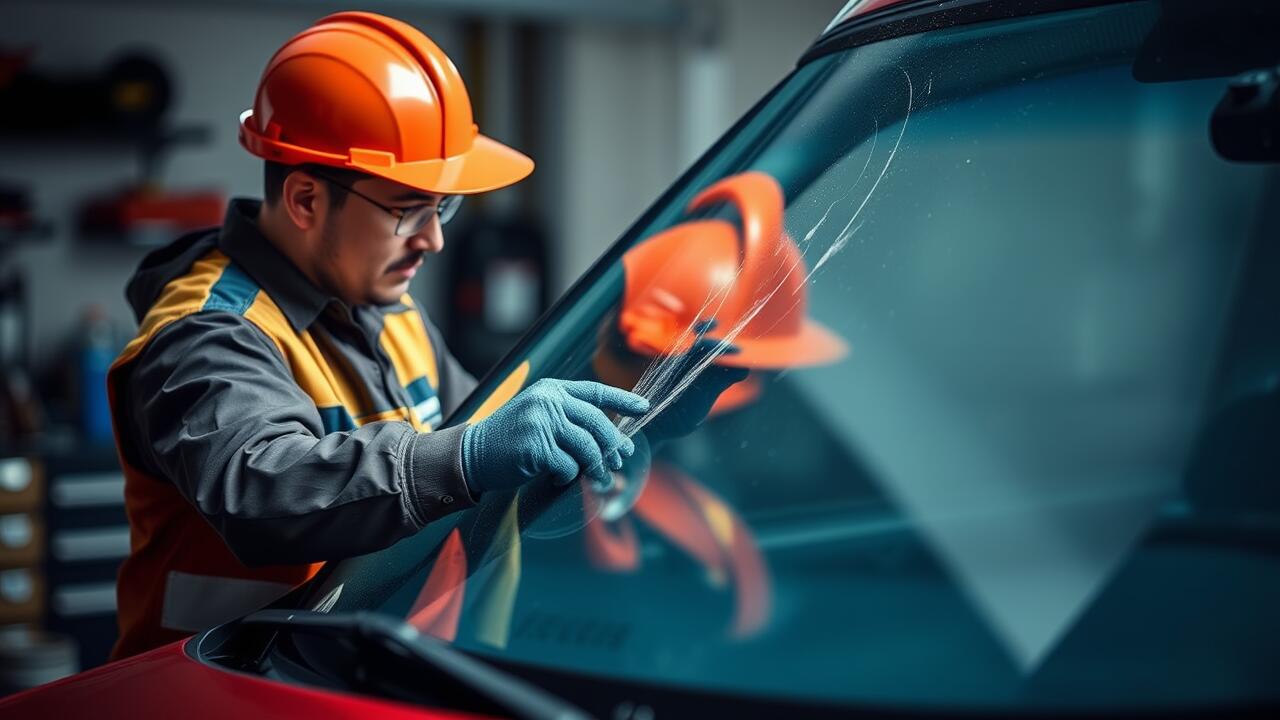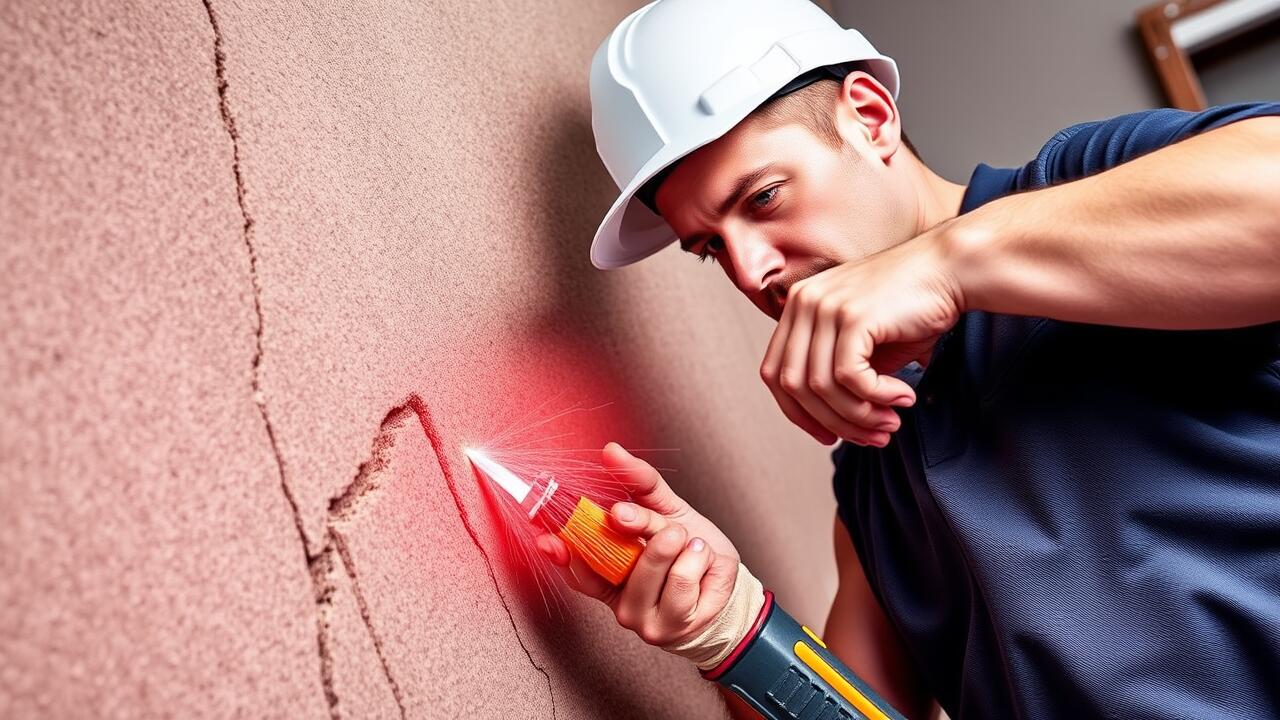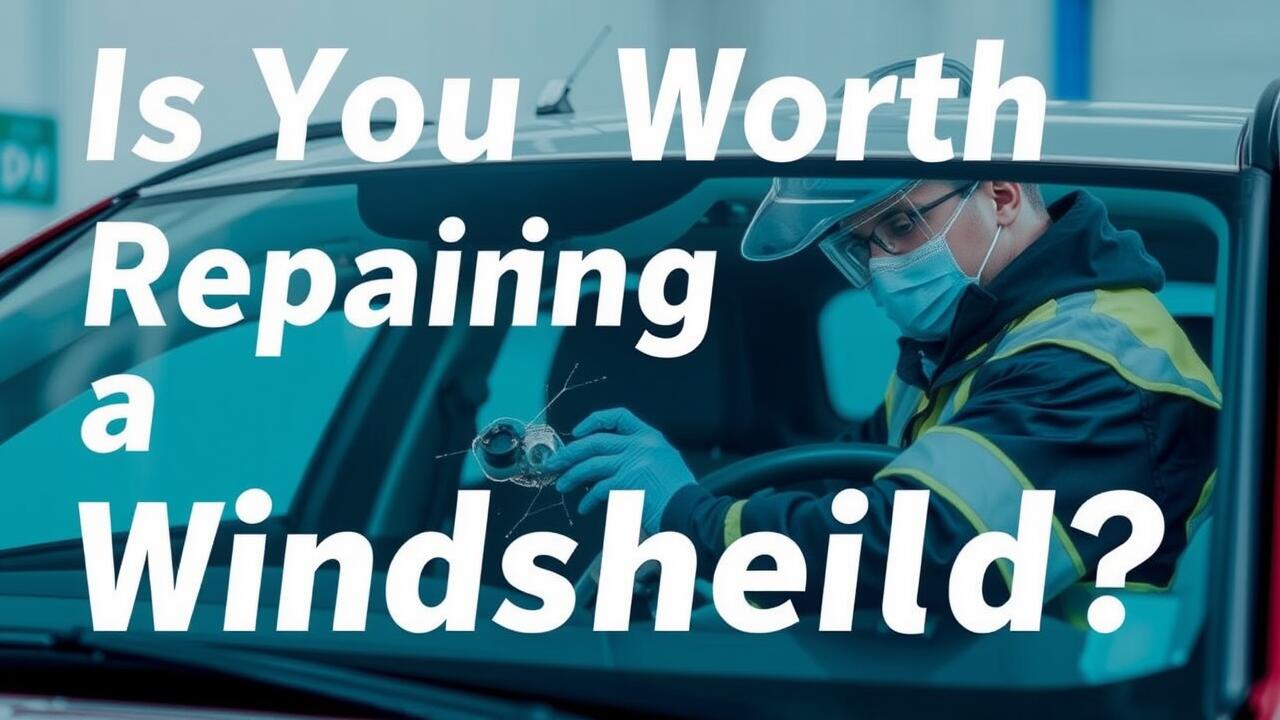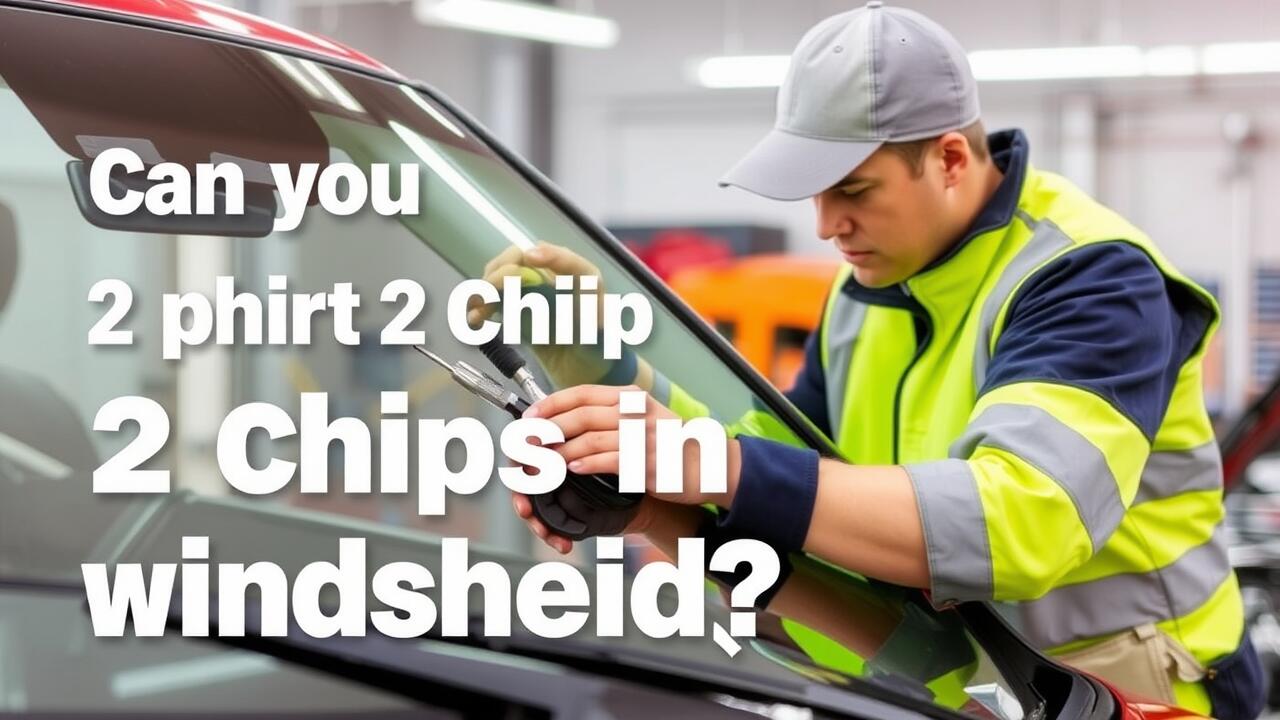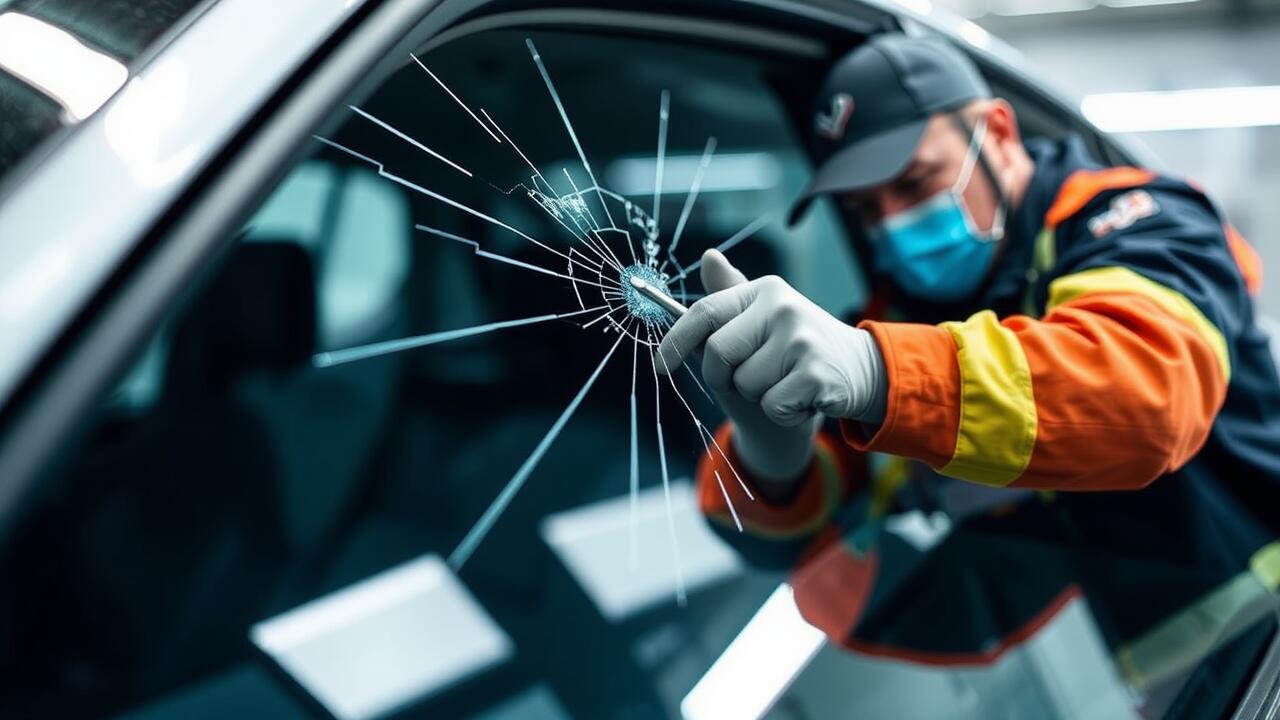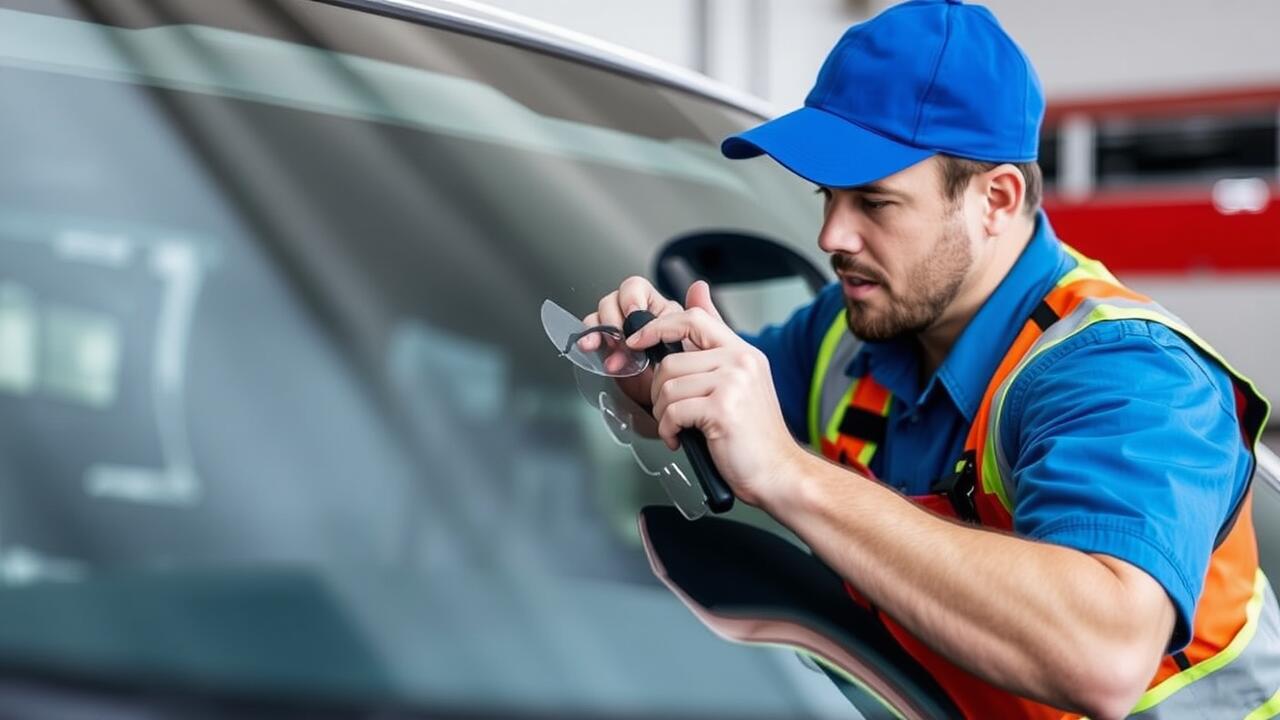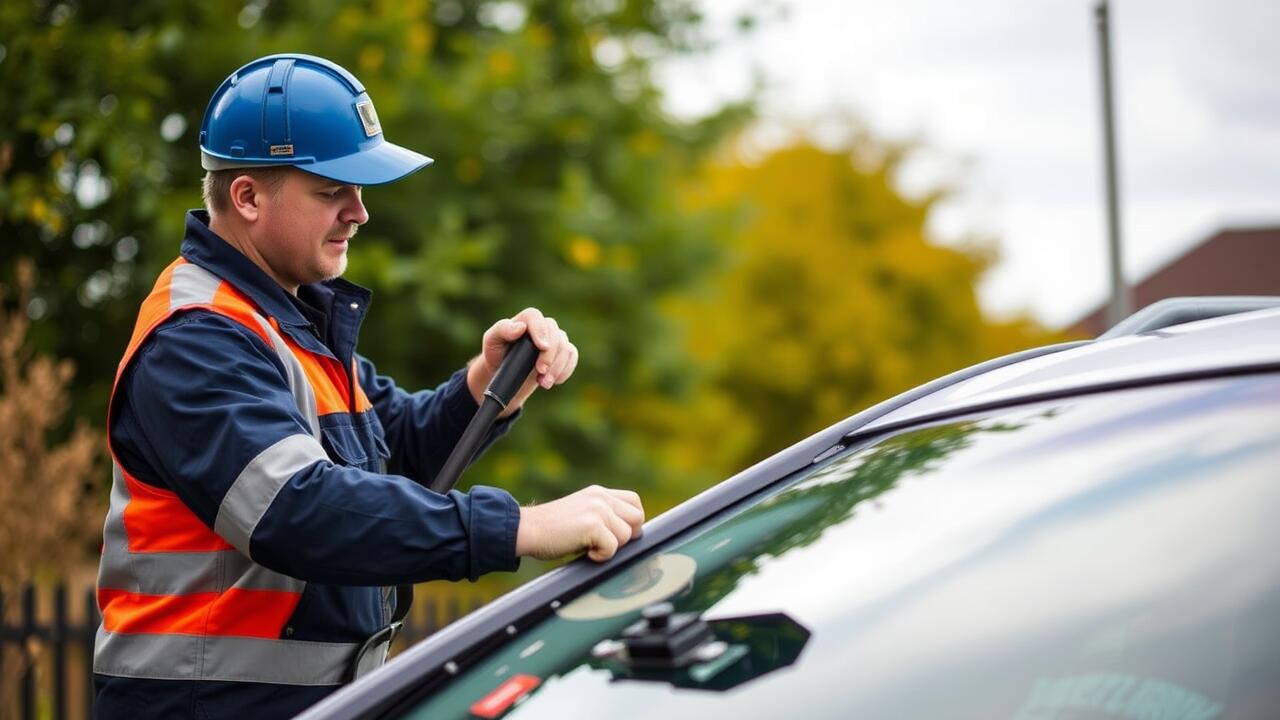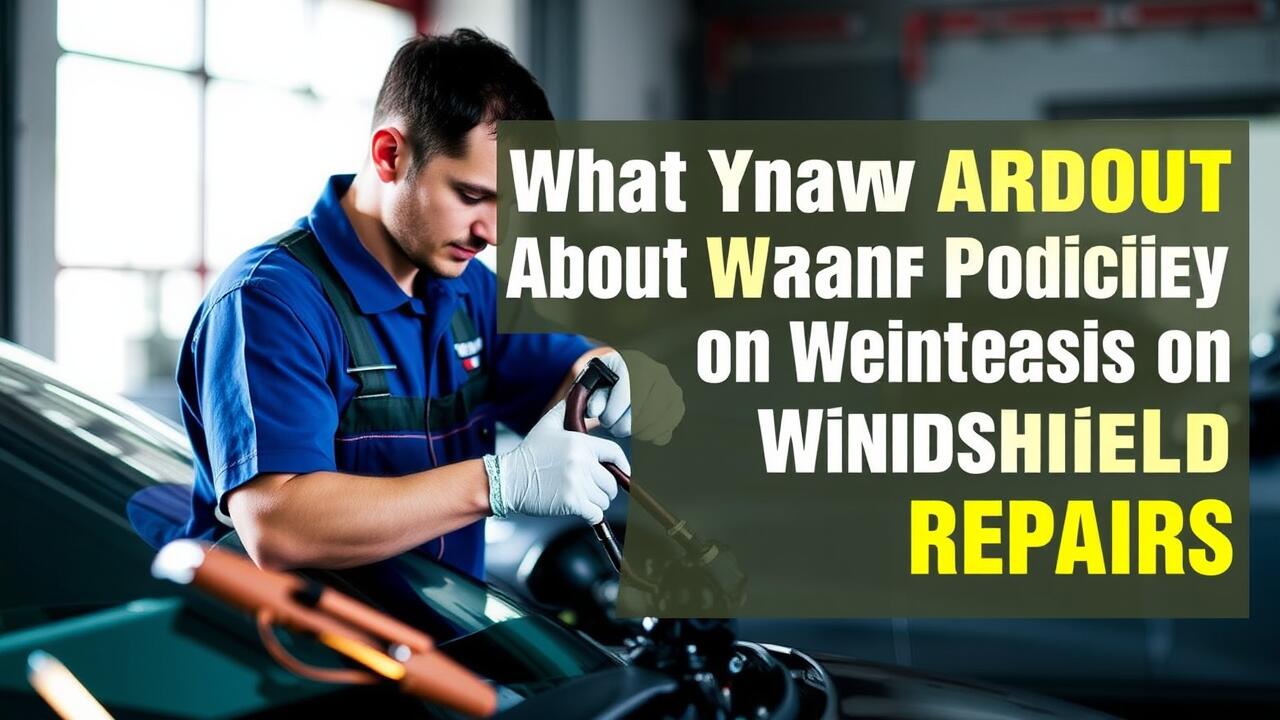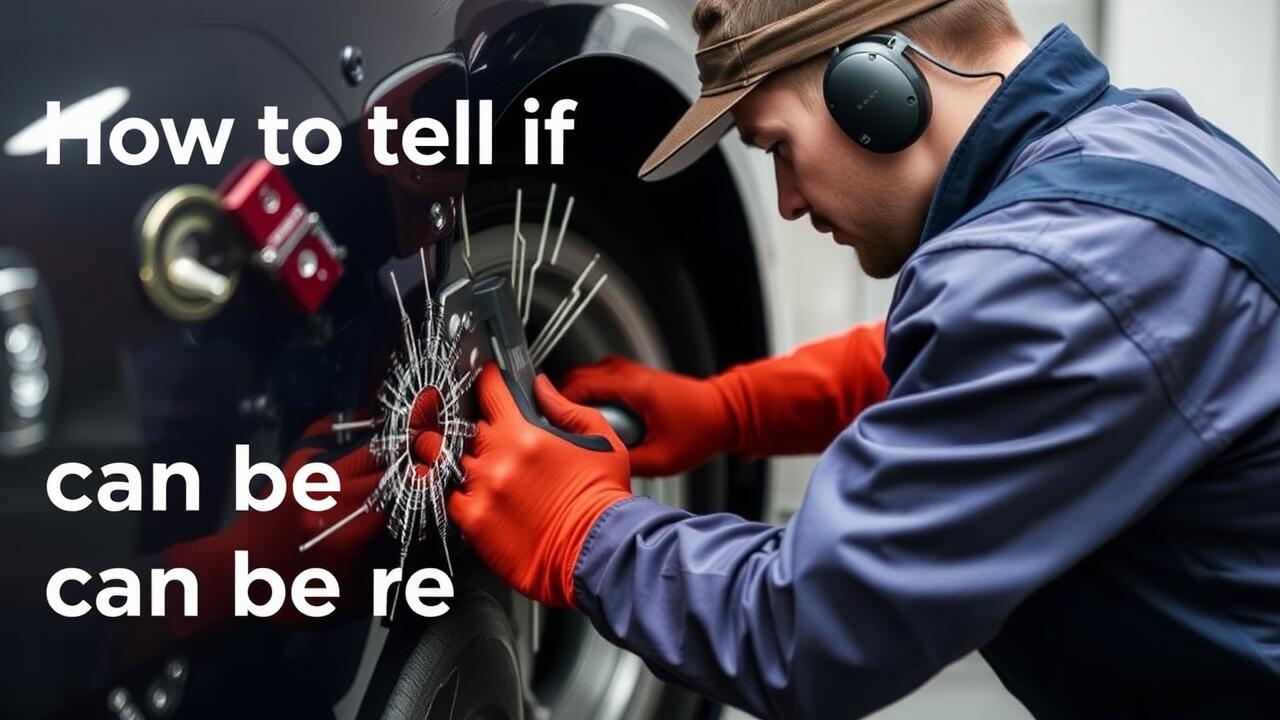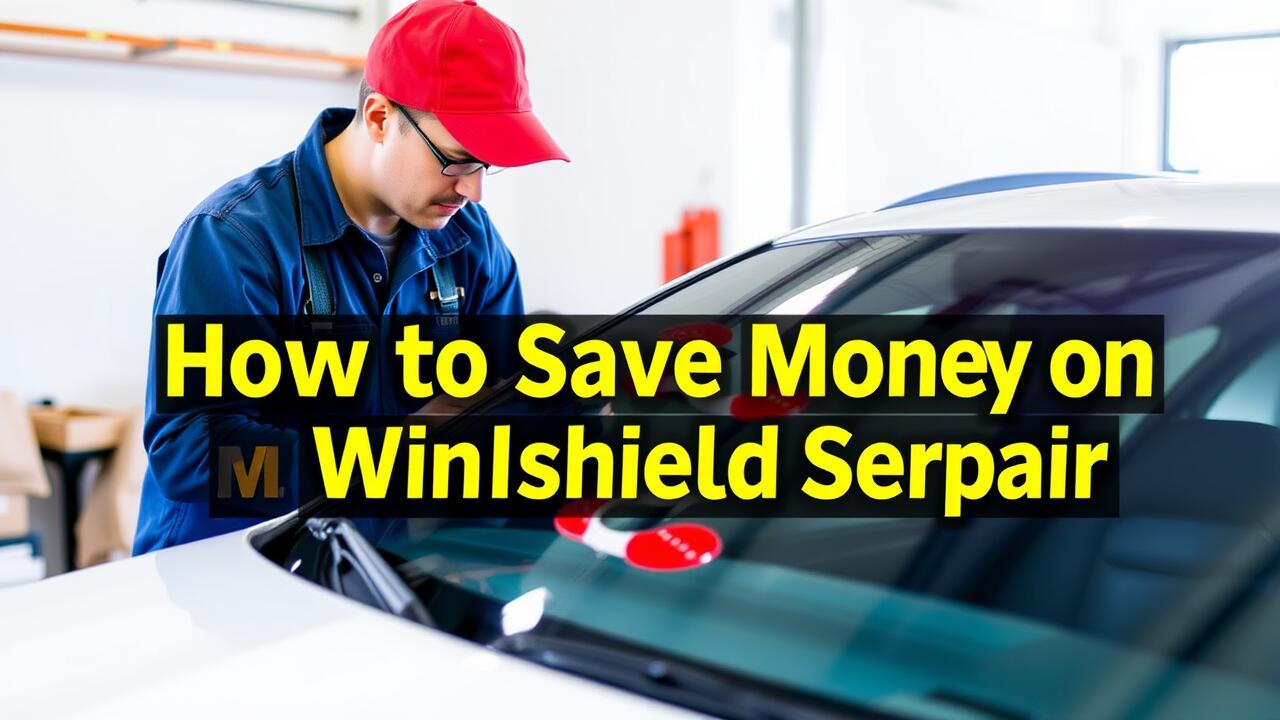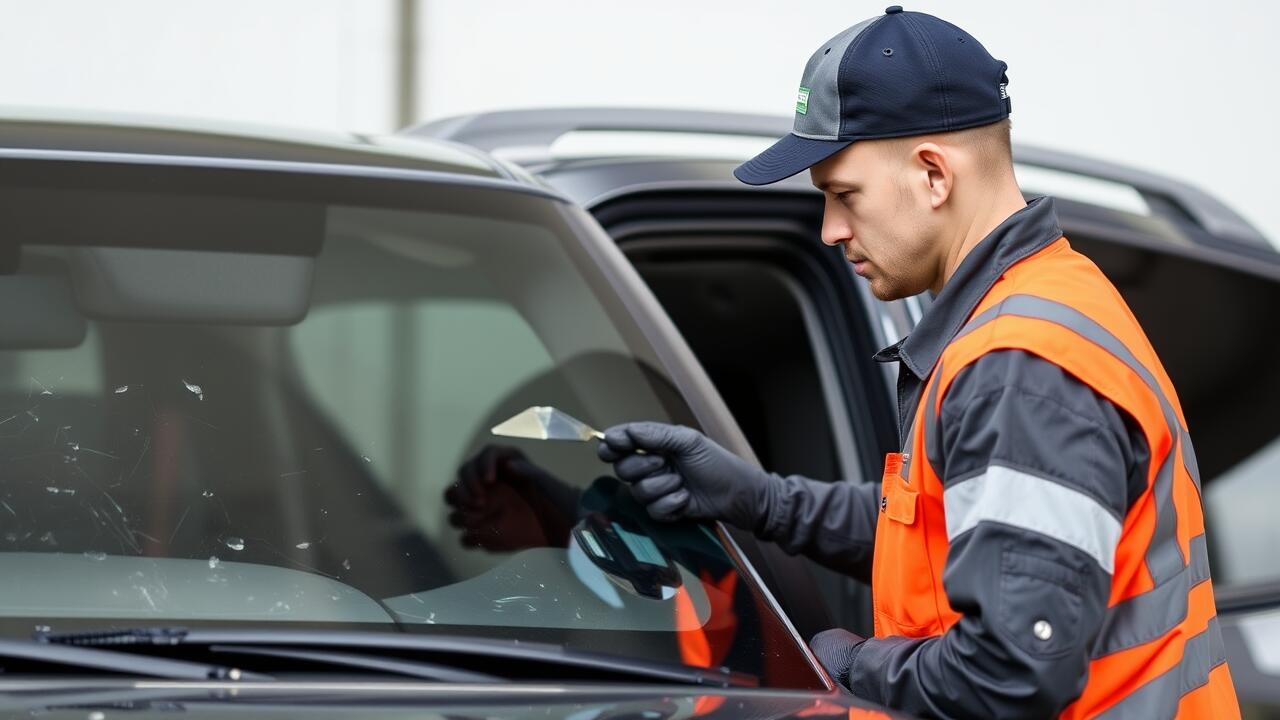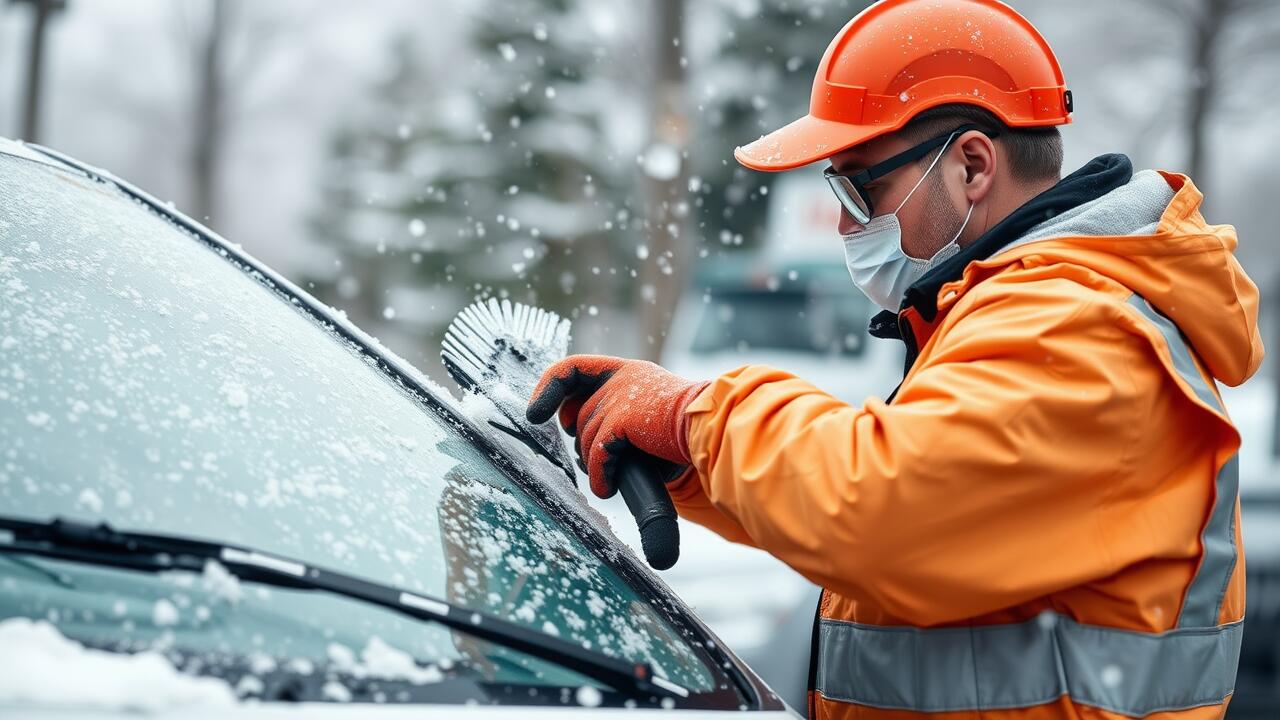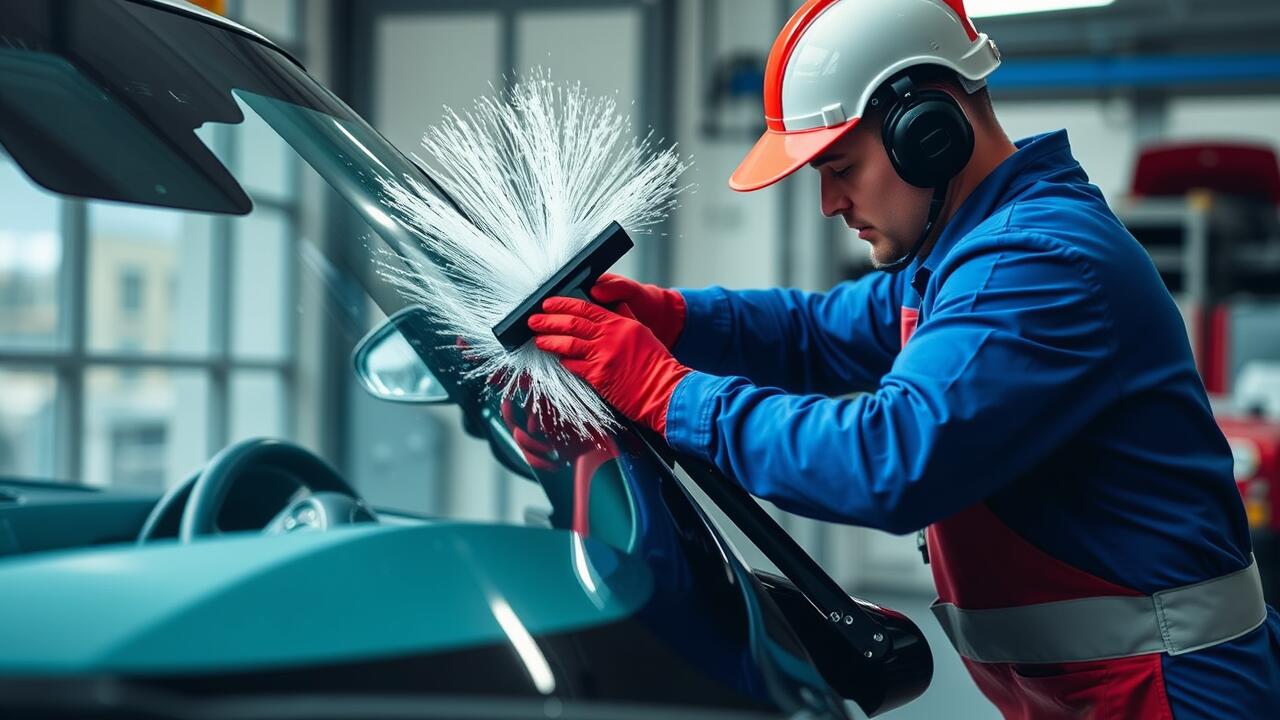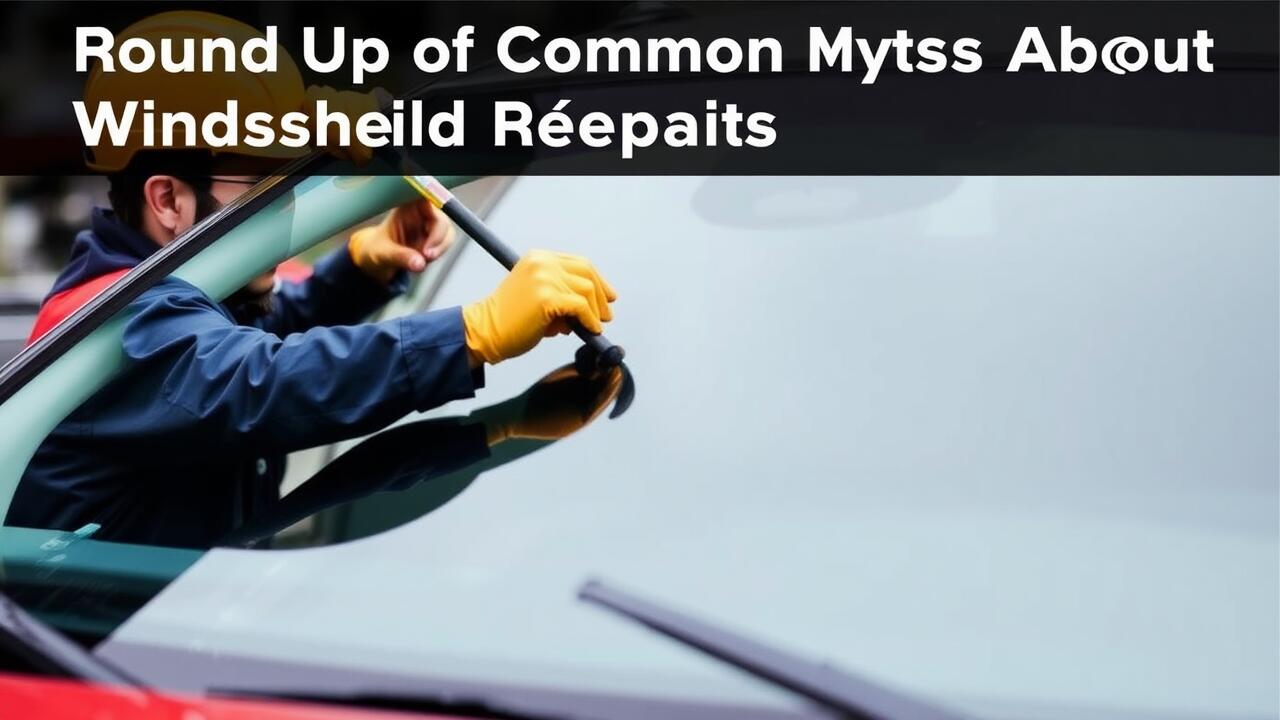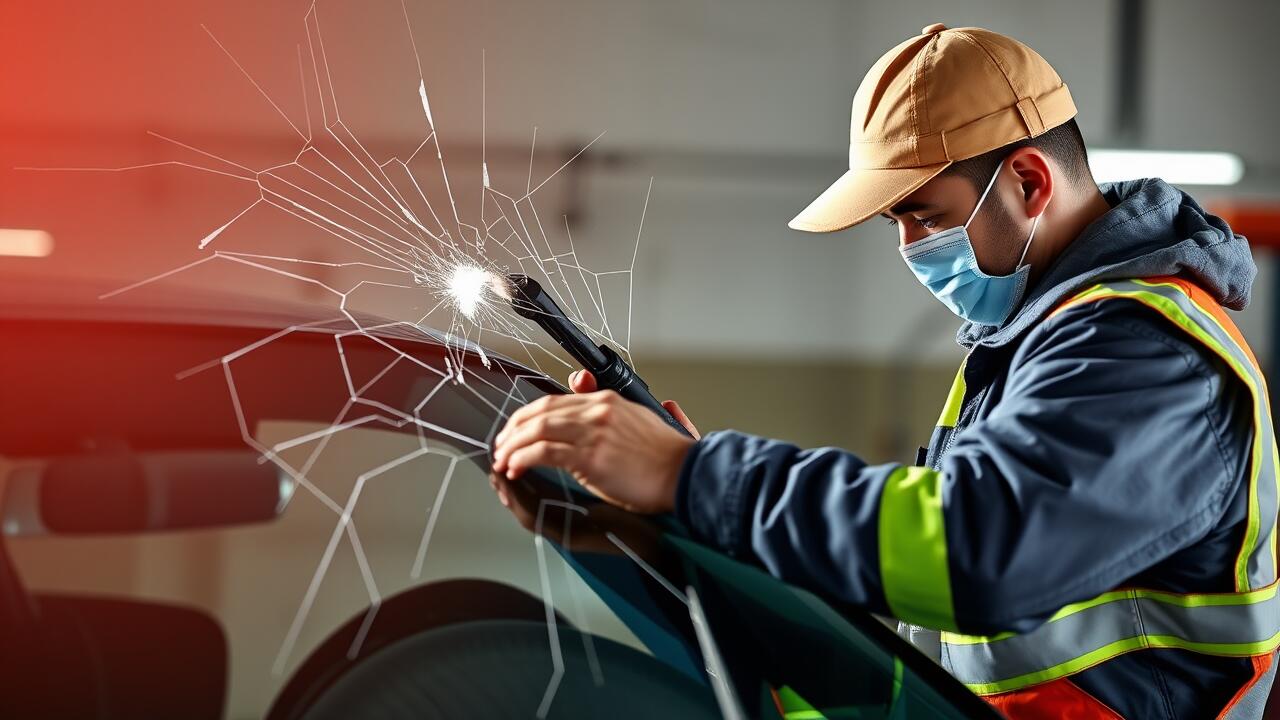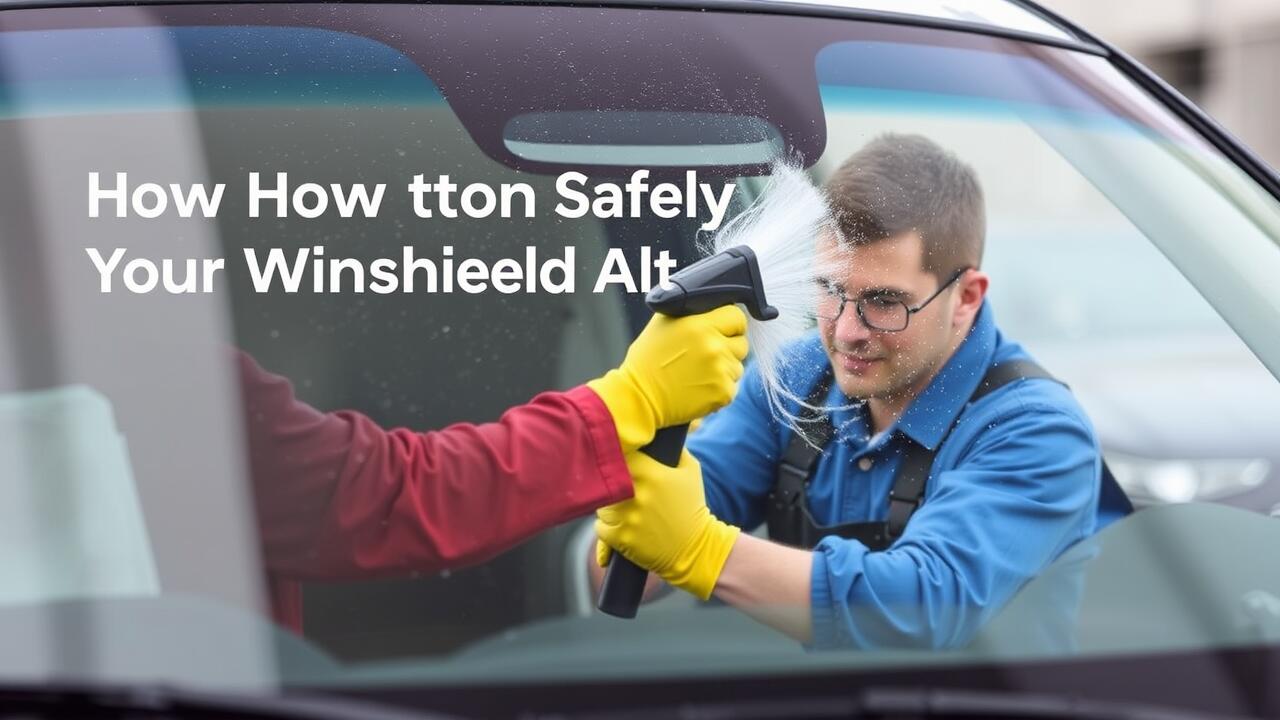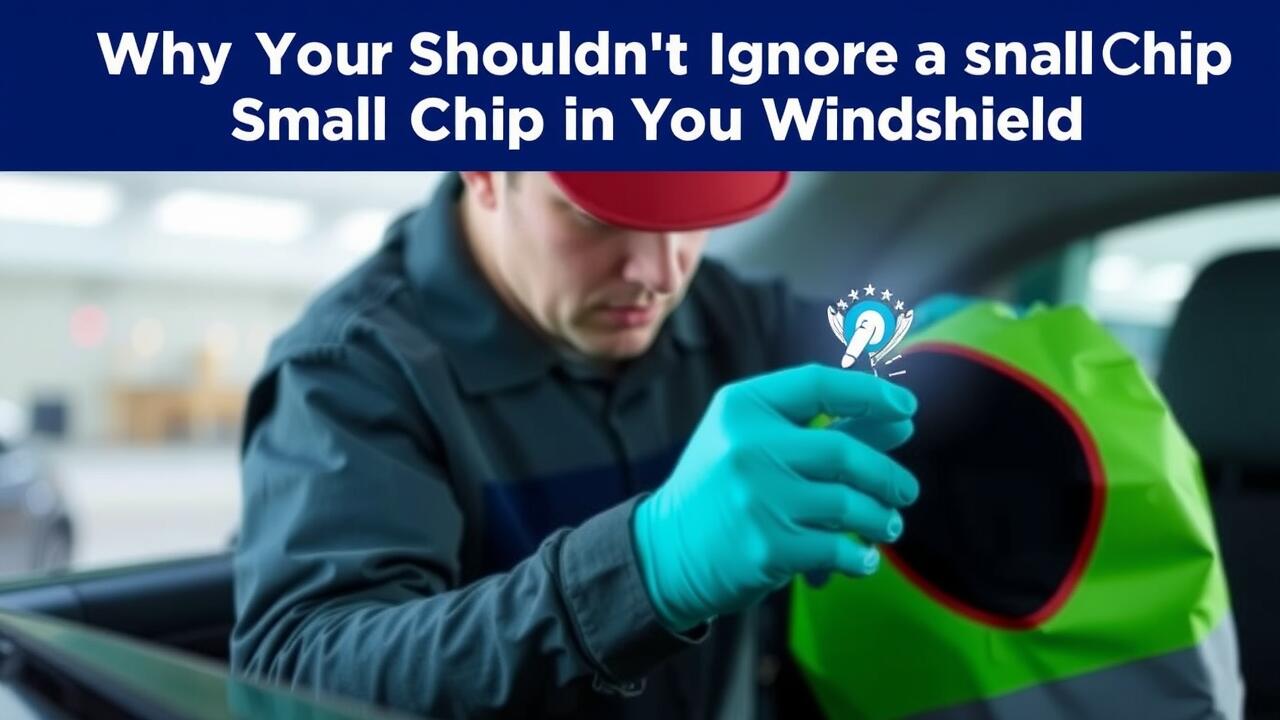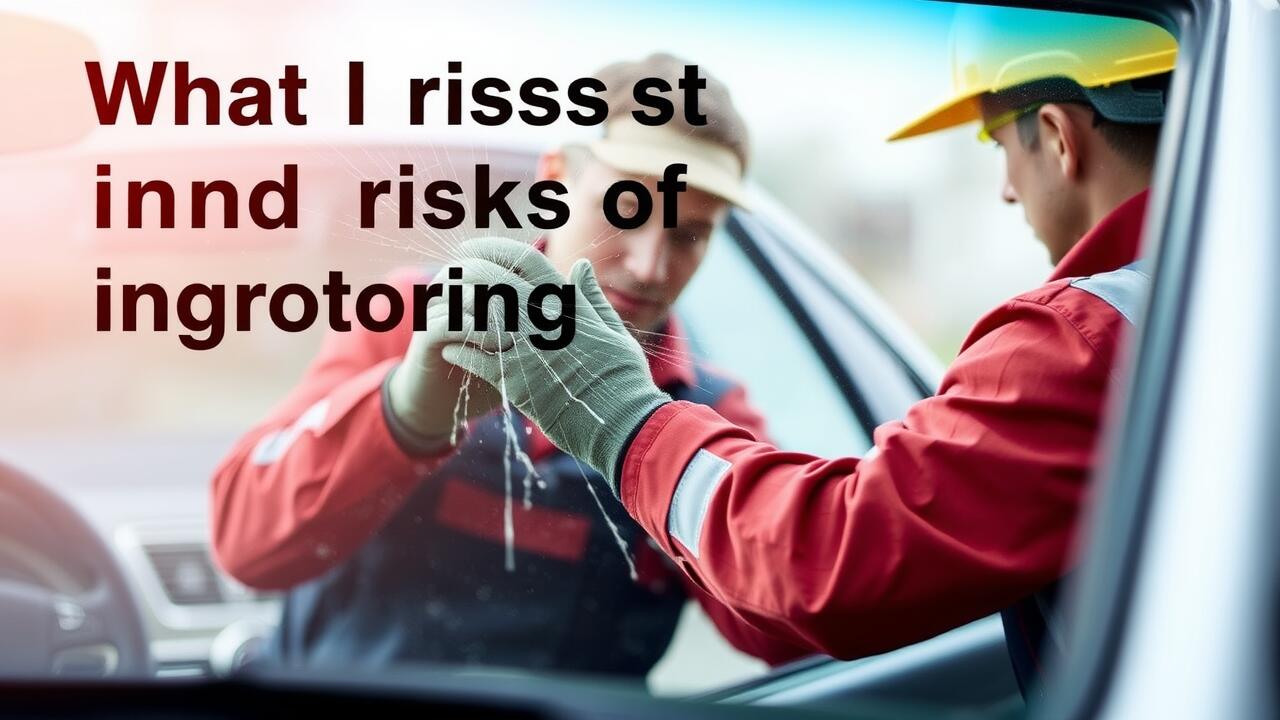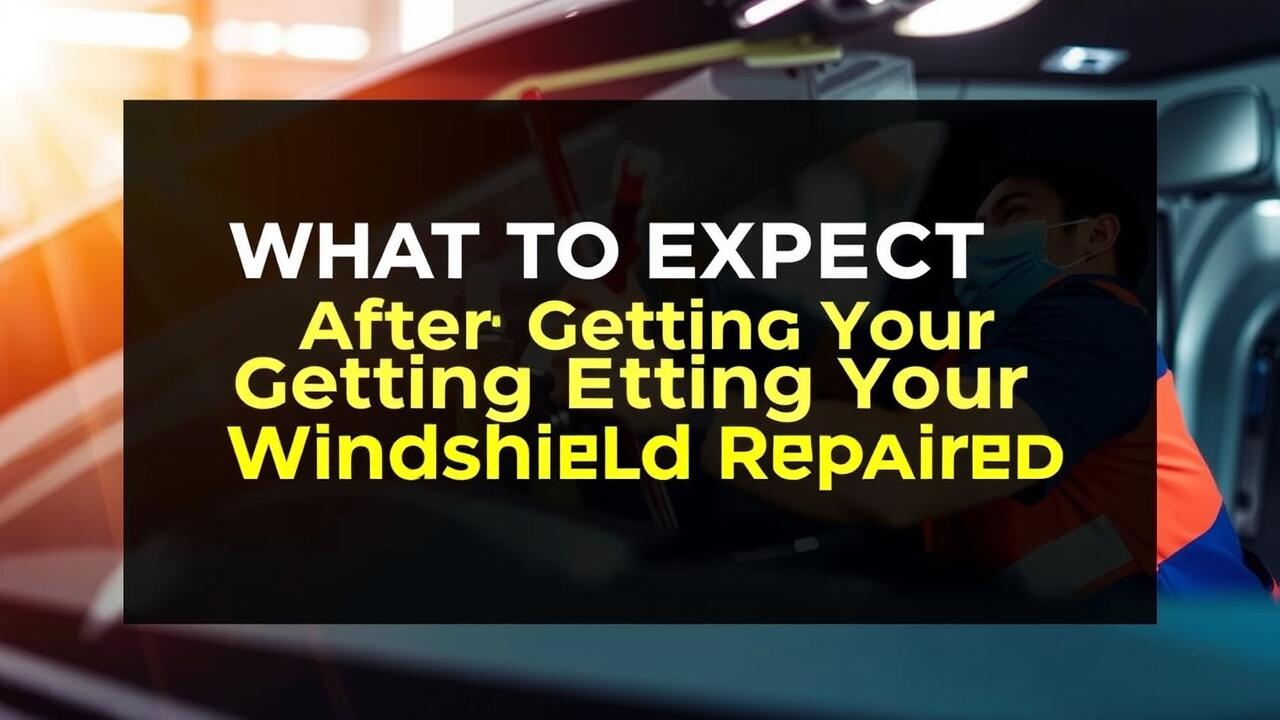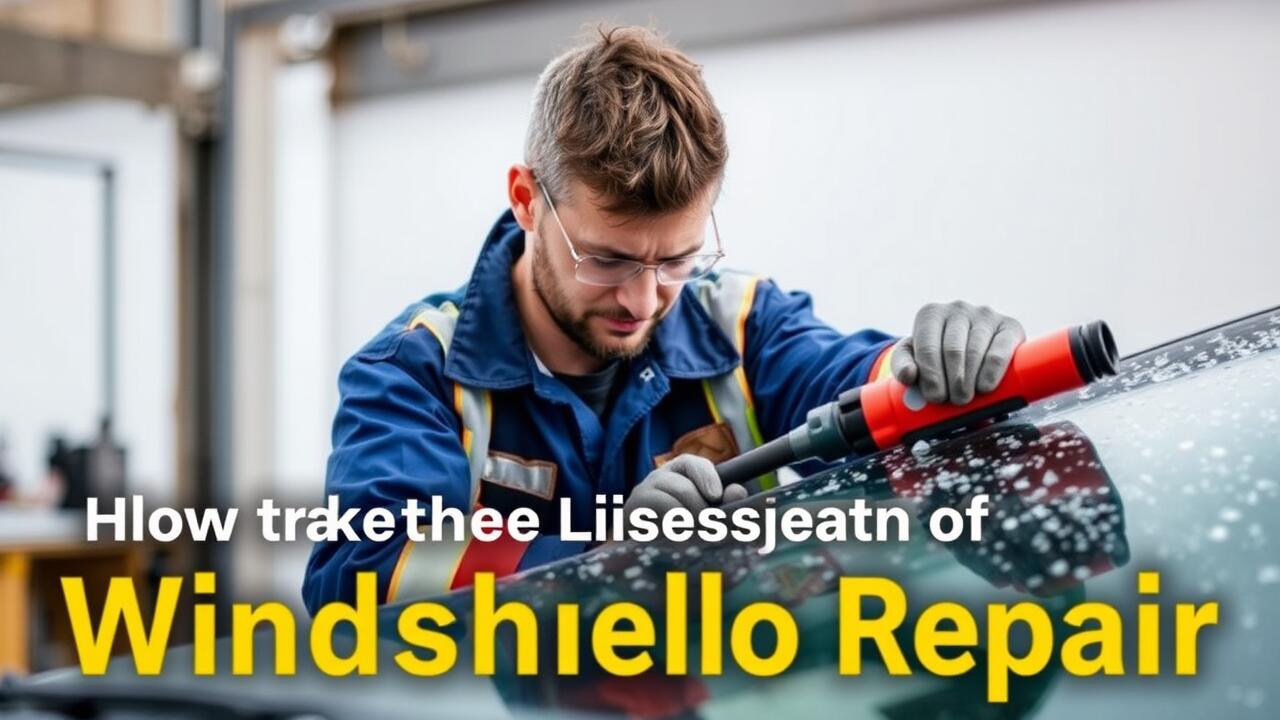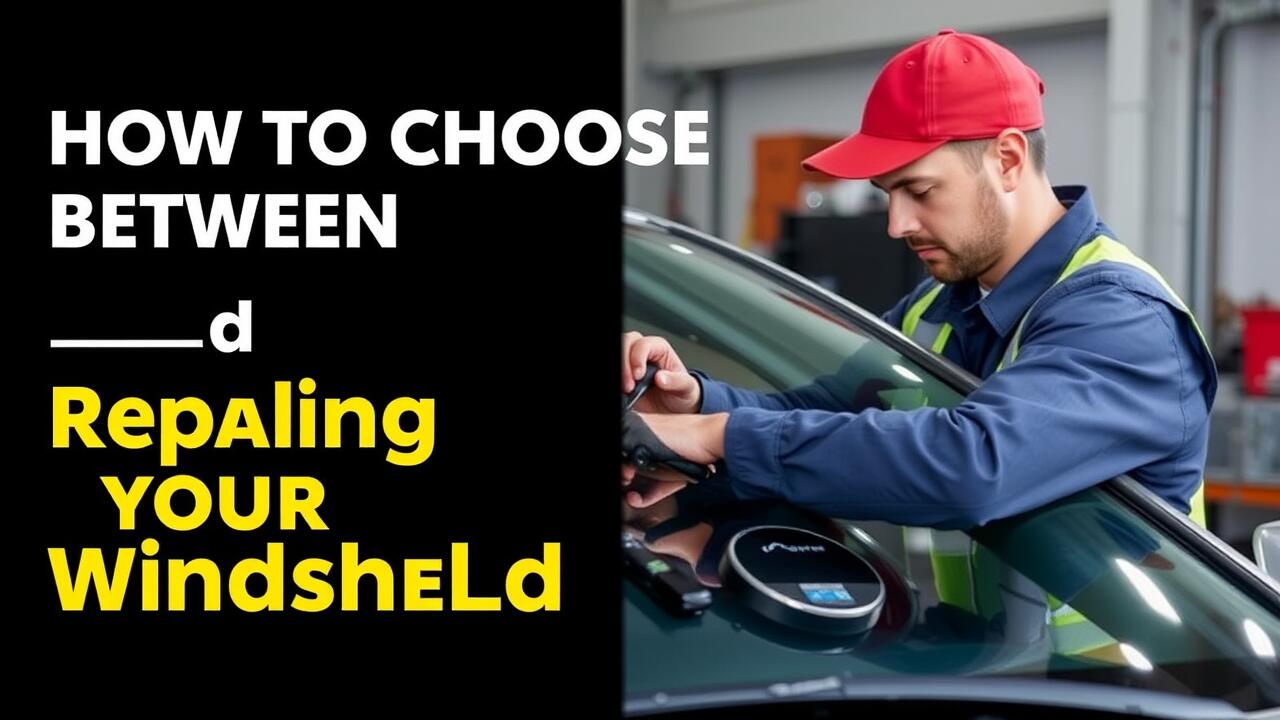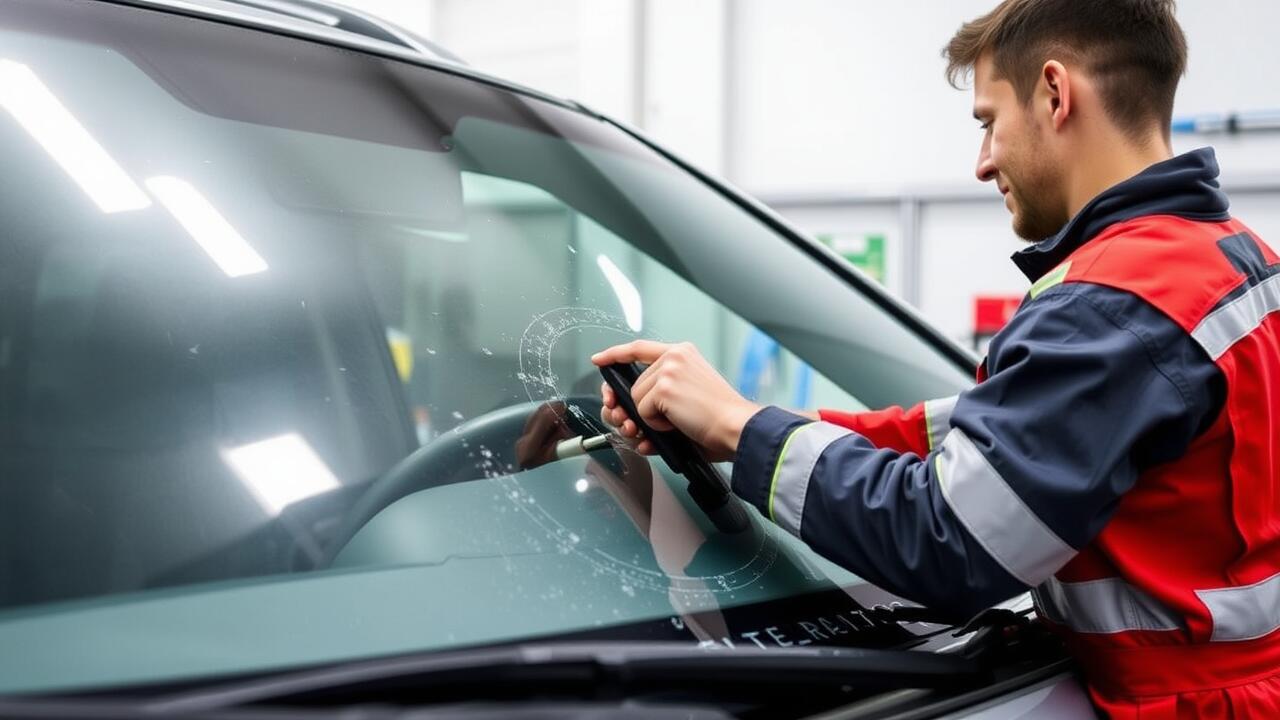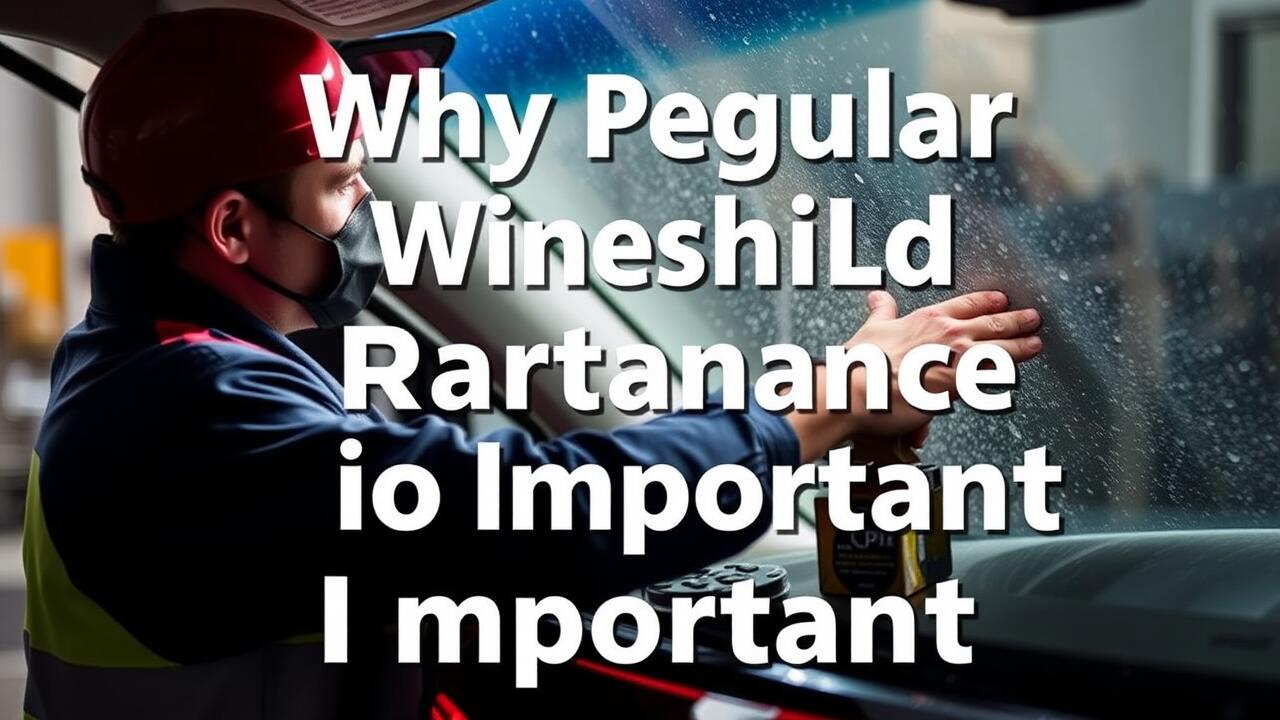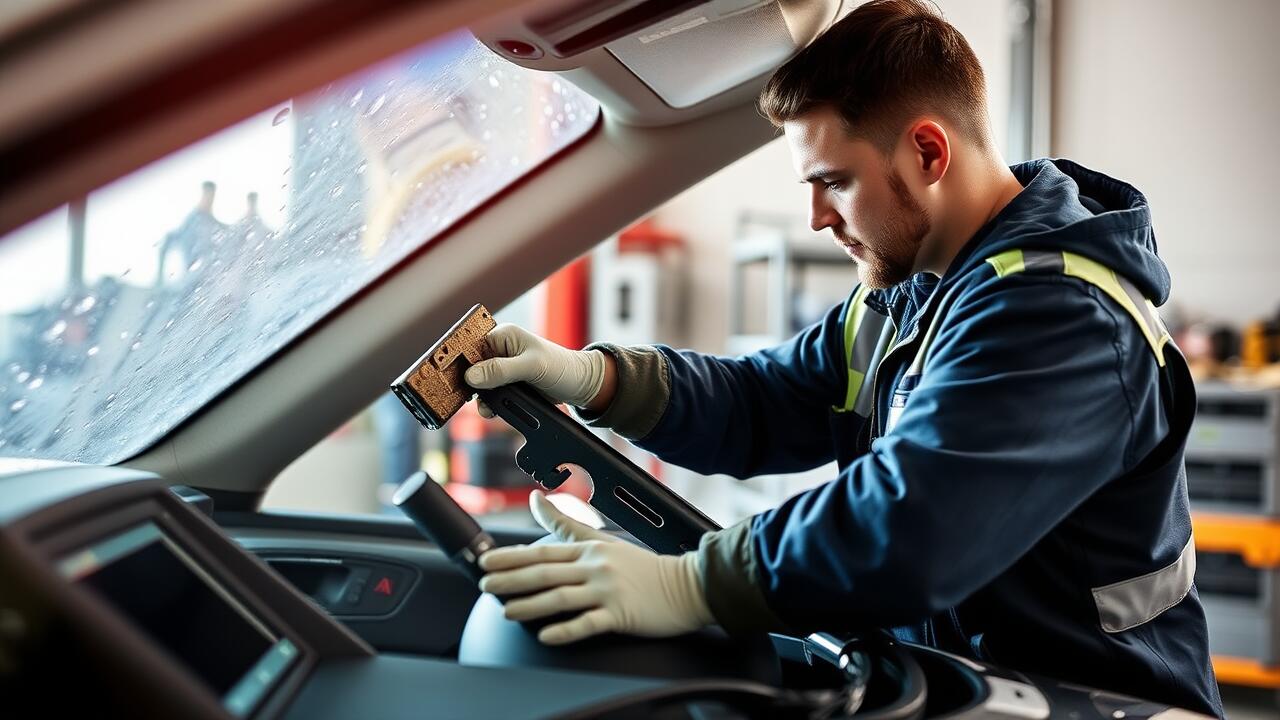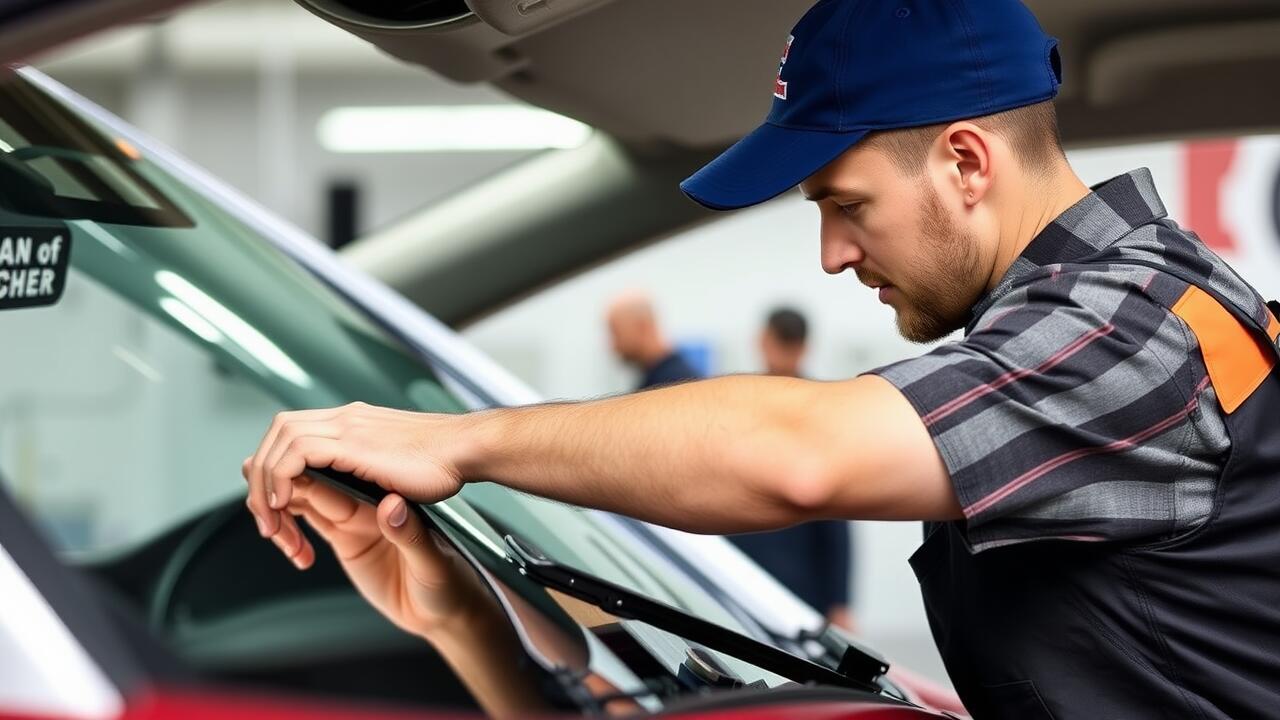
Table Of Contents
Quality of Materials Used in DIY Kits
DIY windshield repair kits often come with materials that may not meet the same quality standards as those used by professionals. These kits typically include resin and adhesives designed for casual users, which might not provide the same level of durability or effectiveness as professional-grade options. Consequently, the longevity of a repair performed with these materials can be questionable. Over time, lower-quality products can lead to further damage, negating any initial savings from a DIY approach.
In comparison, professional-grade materials are specifically formulated for optimal performance and longevity. Technicians utilize superior resins and adhesives that have been tested to ensure they can withstand various environmental conditions. This difference in material quality not only affects the immediate appearance of the repair but also the overall structural integrity of the windshield. Choosing to rely on higher-quality, professionally applied solutions can ultimately result in a safer and more reliable outcome for the vehicle owner.
Comparison with Professional-Grade Materials
DIY windshield repair kits often come with materials that can be less effective than those used by professionals. These kits may contain resin and adhesives that do not match the quality required for optimal bonding and sealing. Professional-grade materials undergo rigorous testing to ensure their durability and effectiveness. When a windshield sustains damage, even small discrepancies in material quality can influence the long-term success of a repair.
In contrast, professionals have access to advanced tools and techniques that enhance the repair process. They often utilize specialized resins that cure quickly and create a stronger bond. This difference in materials not only impacts the immediate effectiveness of the repair but also influences the overall safety of the vehicle. Relying on lower-quality materials from DIY kits could result in a repaired windshield that fails to provide the necessary structural integrity over time.
Warranty and Insurance Issues
When considering DIY windshield repair, one crucial aspect often overlooked is the impact on warranty and insurance coverage. Many insurance policies have specific clauses that require either professional repair or replacement to maintain full coverage. Attempting a self-repair may lead to complications if an issue arises later, potentially leaving the car owner liable for costs that could have been covered under their policy.
Additionally, some manufacturers' warranties may be voided if an unqualified repair is performed on the windshield. Automotive experts usually recommend utilizing certified services to ensure that repairs adhere to specific standards. Relying on DIY kits can put your vehicle at risk, both in terms of safety and financial responsibility. A thorough understanding of your insurance policy and warranty requirements is essential before deciding on a course of action.
How DIY Repairs Can Affect Coverage
DIY repairs may have unforeseen consequences when it comes to your insurance coverage. Many insurance policies require that repairs be carried out by certified professionals to qualify for full coverage. Opting for a DIY windshield repair could potentially void any coverage, leading to out-of-pocket expenses that would otherwise be covered.
In addition to affecting coverage, the process of claiming insurance after a DIY repair might present challenges. Insurers often need proof of the quality and method of repair, which can be harder to provide when utilizing a DIY kit. If the repair fails, this could result in increased premiums or denial of future claims relating to windshield damage.
Time Investment for DIY Repairs
Engaging in DIY windshield repair may seem like a quick solution, but the time commitment can often exceed expectations. Gathering the necessary materials, reviewing instructions, and preparing the vehicle can take considerable time. The complexity of the repair process itself may also require a careful, patient approach to achieve satisfactory results, particularly for individuals without prior experience in automotive repairs.
On the other hand, professional windshield repair services typically streamline the process. Technicians come equipped with the right tools and expertise, leading to a faster resolution of damage. Clients can often resume their normal activities shortly after the repair, while those attempting a DIY approach might find themselves dedicating hours or even days to ensure the job is done correctly.
Comparing Time Spent with Professional Services
When considering DIY windshield repair, the time investment can quickly accumulate. Gathering materials, preparing the workspace, and waiting for the repair resin to cure can transform what might seem like a straightforward task into a lengthy project. Individuals may underestimate the number of steps involved, resulting in frustration and potentially requiring more time than anticipated to achieve a satisfactory outcome.
In contrast, professional services offer a more efficient solution. Technicians have the expertise to diagnose the damage and execute the repair quickly, often completing the job in a fraction of the time it takes an average person. The result is a seamless finish and a restored level of safety for the vehicle. Customers can enjoy peace of mind, knowing that their windshield repair is handled by skilled professionals who understand the nuances of the process.
FAQS
What are the risks of using DIY windshield repair kits?
DIY windshield repair kits often use lower-quality materials that may not effectively bond or seal the damage, leading to further issues down the line. Additionally, improper use of these kits can result in an uneven repair that could obstruct your view while driving.
How do professional-grade materials differ from those in DIY kits?
Professional-grade materials are specifically designed for automotive use and undergo rigorous testing for safety and effectiveness. In contrast, DIY kits may use generic adhesives and resins that aren't as durable or reliable, potentially compromising the integrity of the repair.
Can using a DIY repair kit affect my car insurance coverage?
Yes, using a DIY repair kit can potentially void your warranty or affect future claims. Some insurance policies require repairs to be completed by certified professionals to ensure that the work meets safety and quality standards.
How much time does a DIY windshield repair typically take compared to professional services?
DIY windshield repairs can take a few hours to complete, especially if you are unfamiliar with the process. In contrast, professional services typically take less time, often completing the repair within 30 minutes to an hour, allowing you to get back on the road quickly.
Is it cheaper to repair my windshield myself instead of hiring a professional?
While DIY kits are generally less expensive upfront, the potential costs of inadequate repairs, including further damage or issues with insurance claims, can make them more expensive in the long run. It’s important to weigh the initial savings against potential future expenses.
